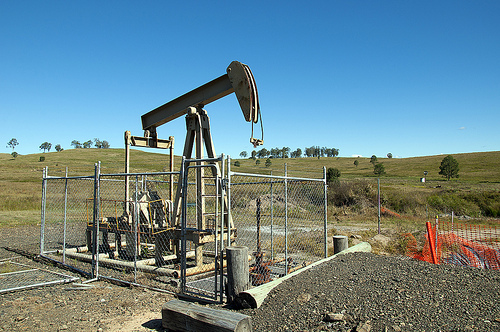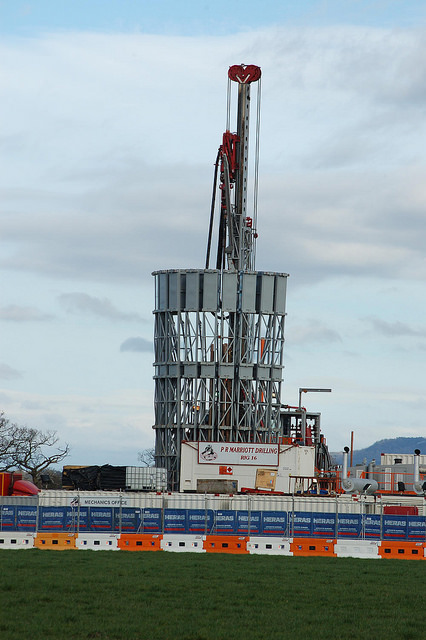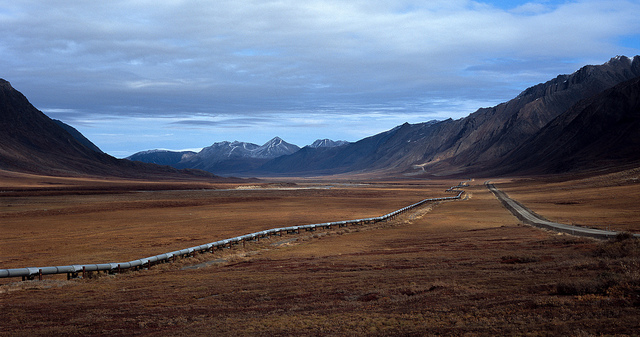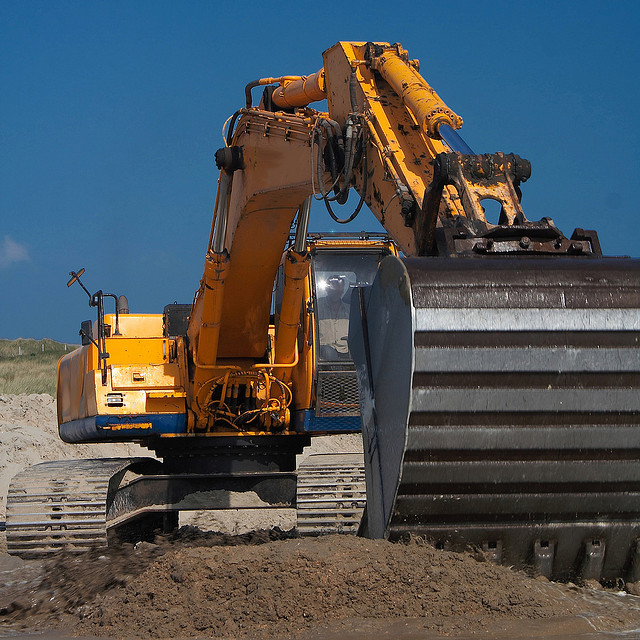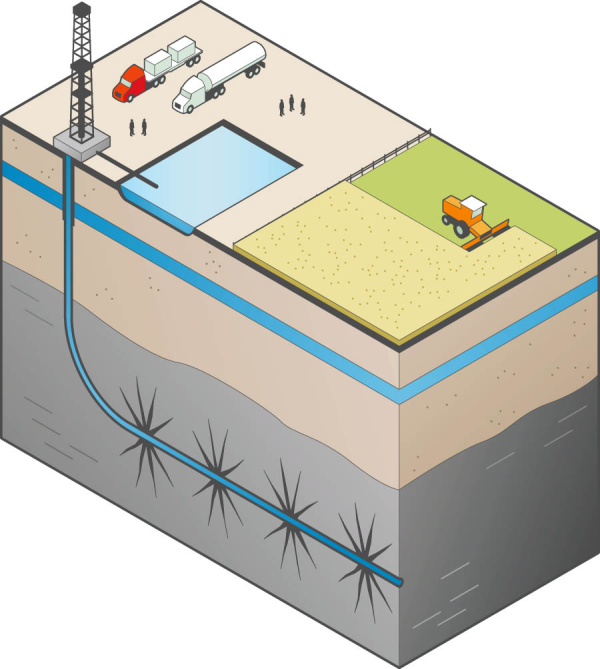Although the pace of fracking projects rises and falls with changes in oil prices, regulation of fracking develops at slower and steadier rates. This month, the U.S. Bureau of Land Management (BLM) has completed nearly five years of rulemaking by revising its rules for oil and gas production from federal and Indian lands, to add requirements for hydraulic fracturing projects. These rules update and expand drilling permit rules in place for three decades. BLM reports that production from over 100,000 onshore oil and gas wells on federally-managed land accounts for 11 percent of U.S. natural gas supply and five percent of its oil, and that over 90% of wells currently being drilled on these land involve hydraulic fracturing.
Audit, Compliance and Risk Blog
Tags: Environmental risks, Environmental, EHS, EPA, Greenhouse Gas, fracking, hydraulic fracking
To Frack Or Not To Frack? California and New York Provide Opposite Answers
Posted by Jon Elliott on Mon, Dec 22, 2014
Many readers will know that political and legal regulatory developments have lagged the technical developments in hydraulic fracturing and other enhanced oil and gas recovery techniques – “fracking.” Some jurisdictions focus on the jobs and taxes that result from resource extraction, while others focus on the potential environmental hazards. As 2015 begins, we find California and New York – which typically agree on significant environmental policy questions – adopting opposite responses.
Tags: Business & Legal, Environmental risks, EPA, ghg, fracking, hydraulic fracking
PHMSA Requires Advance Notice of Construction-Related Events
Posted by Allison Campbell on Mon, Oct 20, 2014
To ensure that operations at gas pipelines, gas pipeline facilities, and LNG plants and facilities are in compliance with a range of conditions, operators of such plants and facilities must provide the US Department of Transportation Pipeline and Hazardous Materials Safety Administration (PHMSA) with 60 days’ advance notice of construction-related events. This advance notice allows time for reviews and inspections to identify any potential compliance issues and avoid costly design changes or delays.
Tags: Corporate Governance, Business & Legal, Health & Safety, Environmental risks, ghg, fracking, hydraulic fracking, Oil & Gas
Environmental Compliance: California Prepares To Regulate “Fracking”
Posted by Jon Elliott on Wed, Nov 20, 2013
Advances in field techniques have recently made hydraulic fracturing— “fracking”—a major part of energy production in the United States and Canada. Frackers pump high-pressure fluids into rock formations to expand cracks and create pathways for valuable hydrocarbons to flow out. The stimulant fluids are usually water-based, with additional chemicals (acids, surfactants, biocides, etc.) to improve effectiveness and solid ‘proppants’ to prop open the expanded openings (sand, etc.). Read my earlier blog here
Tags: Health & Safety, California Legislation, Environmental risks, Environmental, EHS, Hazcom, fracking, hydraulic fracking, Oil & Gas
OSHA Proposes to Regulate Exposures to Respirable Crystalline Silica
Posted by Jon Elliott on Thu, Oct 17, 2013
The US Occupational Safety and Health Administration (OSHA) regulates thousands of chemicals, through a variety of regulatory standards. At the broadest level, employers must evaluate basic information about every potentially hazardous chemical, and provide information to employees in compliance with OSHA's Hazard Communication Standard. OSHA also provides somewhat-more-tailored requirements for classes of chemicals (such as flammables), and for types of activities that pose chemical hazards (such as welding). For a small number of especially hazardous chemicals, OSHA provides a detailed standard applicable to a single chemical—examples include asbestos, benzene, and lead. On September 12, 2013, OSHA published a proposal to establish just such a single chemical standard, for crystalline silica (29 CFR section 1910.1053).
Tags: Business & Legal, Health & Safety, OSHA, Environmental risks, Environmental, Hazcom, fracking, Oil & Gas
Court Vacates SEC’s Resource Extractors’ Reporting Requirements
Posted by Jon Elliott on Fri, Jul 19, 2013
One of the Dodd-Frank Act’s many directives to the Securities and Exchange Commission (SEC) was to require annual disclosures by publicly listed “resource extraction issuers” of payments they make to the U.S. federal government or foreign governments, related to commercial development of oil, natural gas, or minerals. SEC thought it met this directive when it issued Rule 13q-1 and associated Form SD in August 2012. However, on July 2, 2013 a federal judge decided that SEC misapplied its authority, and so vacated these provisions and remanded the issue to SEC to try again (American Petroleum Institute v. SEC). Since Dodd-Frank required issuer reporting to begin no less than one year after SEC issued rules, the issuer reporting requirement is now on hold—but the statutory requirement remains in place so further rulemaking should be expected.
Tags: Corporate Governance, Business & Legal, SEC, International, Health & Safety, Environmental, Greenhouse Gas, ghg, fracking, hydraulic fracking
The US Environmental Protection Agency (EPA) continues to expand and refine environmental compliance requirements, including those related to greenhouse gas (GHG) emissions. In particular, facilities and organizations subject to EPA's mandatory GHG emission reporting rules should be preparing to submit reports covering calendar year 2012. Even an entity that reported 2010 or 2011 emissions will still have to adjust its data collection and information reporting efforts. Although reports typically are due March 31, that’s a Sunday this year so April 1 is the date.
Tags: Environmental risks, Environmental, EHS, EPA, ghg, fracking, climate change
When RCRA Environmental Compliance Deters Innovative Waste Management Technologies
Posted by Jon Elliott on Fri, Sep 14, 2012
Environmental compliance can be a complex business. In fact, in certain situations, the Resource Conservation and Recovery Act (RCRA), and other legislation, may actually deter use of innovative waste management technologies and best practices. Here are three questions to ask about your organization:
Tags: OSHA, Environmental risks, Environmental, EPA, fracking
Hydraulic Fracturing: Can We 'Frack' Without Fouling the Environment?
Posted by Jon Elliott on Mon, Aug 13, 2012
Energy companies have used hydraulic fracturing—often referred to as ‘fracking’—since the 1940s in order to enhance recovery of oil and natural gas from low-permeability (“tight”) rock formations.
Frackers pump high-pressure fluids into rock formations to create and expand cracks and create pathways for valuable hydrocarbons to flow out. The stimulant fluids are usually water-based, with additional chemicals (acids, surfactants, biocides, etc.) to improve the effectiveness of the fracking process as well as solid ‘proppants’, which prop open the expanded openings (sand, etc.).
Tags: Health & Safety, Environmental risks, Environmental, EPA, fracking, hydraulic fracking

